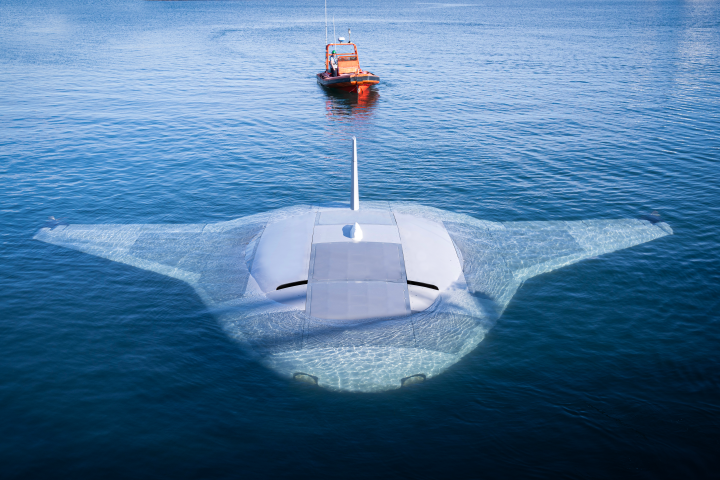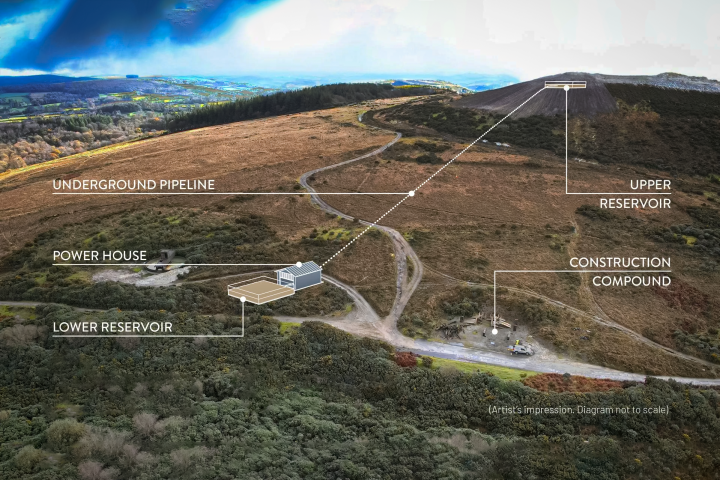Although most people likely associate Venice with gondoliers quietly poling their boats along the canals, the city is also home to approximately 550 motorized water taxis. These watercraft are all equipped with diesel engines that spew exhaust and make a racket, creating both air and noise pollution. With this situation in mind, engineers from University of Southampton spin-off company REAPsystems are developing hybrid engines that could be swapped in.
The diesel-electric engines can reportedly "be installed by any boat builder and fitted into all existing boats."
When moving at slow speeds within the city center, the engines can be run in a quiet and clean electric-only mode. Once the taxis reach higher speeds, however, the diesel automatically cuts in as the main source of propulsion. In this mode, the electric motor switches over to act as a generator, charging its lithium-ion battery pack and allowing the diesel to operate more efficiently.
Plans call for one of the engines to be tested in a boat in Venice this summer.
"The benefits are clear: no noise, no pollution, no vibrations when operating in the city," says Southampton's Prof. Suleiman Sharkh. "Our demonstration with the water taxi will inform the local authorities, so they can tighten their regulations. Thus, the reduced maintenance cost and the halved fuel consumption will convince operators to switch to these green engines."
REAPsystems is currently raising funds for the project, on Indiegogo.
Sources: University of Southampton, REAPsystems




![The Ti EDC [everyday carry] Wrench is currently on Kickstarter](https://assets.newatlas.com/dims4/default/0ba225b/2147483647/strip/true/crop/4240x2827+0+3/resize/720x480!/quality/90/?url=http%3A%2F%2Fnewatlas-brightspot.s3.amazonaws.com%2F59%2Fb2%2F6a6fdd0348a8bfdad88bbcefec53%2Fdsc03572.jpeg)